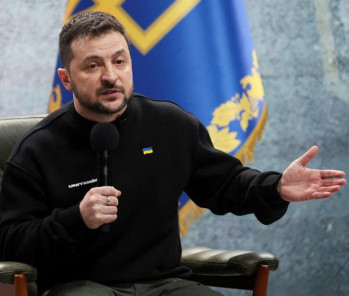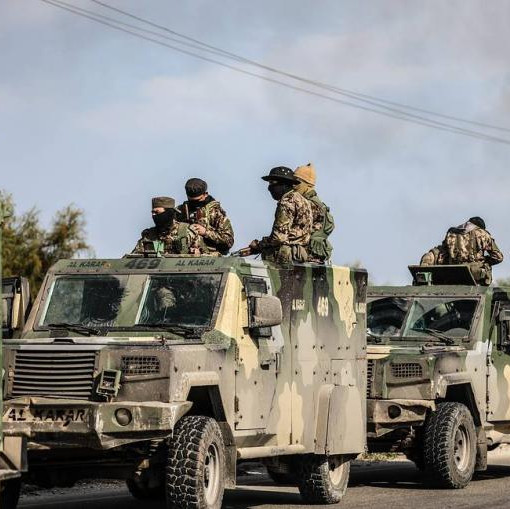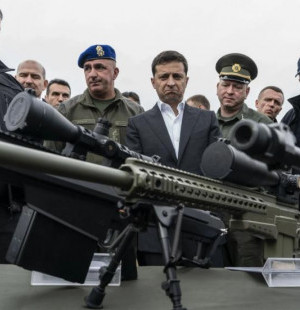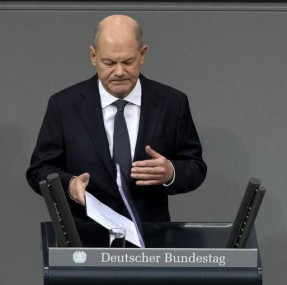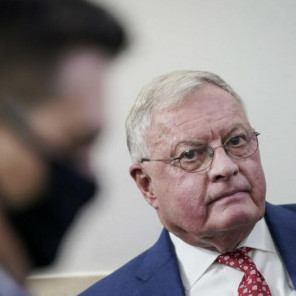Later this month, the capital of Qatar will host the next round of talks on the settlement of the Afghan crisis. This will be the sixth round this time. The negotiations in Doha are expected to involve representatives of the Taliban movement (outlawed in Russia) and American diplomats headed by Special Representative for Afghanistan Reconciliation at the Department of State Zalmay Khalilzad.
The most important task of these consultations is to bring official Kabul to talks with the Taliban. The future of the US forces’ deployment in Afghanistan is another important topic.
The ongoing conflict between official Washington and Kabul soured the atmosphere of the coming talks. It looks like this is the most sensitive quarrel between the sponsor and the ward in decades.
Recently, U.S. ambassador to Afghanistan John Bass made a harsh statement accusing the Afghan side of misusing American assistance. The diplomat stressed that supporting Afghanistan his country suffered significant losses, which includes victims of the military operations. The ambassador voiced regret at the fact that the US assistance was not always valued and not always led to desired results. “Afghan corruption and misuse of equipment, funds, and other support provided by the American people must go, as it also dishonors the memory of the fallen,” Bass noted.
Official Kabul also criticized Washington. During his visit to the US, Afghanistan’s national security adviser Hamdullah Mohib questioned the goals of the US military presence in Afghanistan. The adviser drew attention to the lack of information on the agenda of meetings and the progress of the dialogue. According to him, the delegation of the Afghan government, which was in Doha for negotiations with the Taliban, was humiliated and was not allowed to attend the meeting.
“We don't know what's going on. We don’t have the kind of transparency we should have,” he said. Mohib also suggested that Zalmay Khalilzad had sidelined Afghan leaders because of his ambitions to be a “viceroy” in an interim government if the negotiations succeed.
On the next day, the U.S. State Department attempted to mitigate the situation. Deputy spokesperson Robert Palladino said that the U.S. remains in close consultation with President Ashraf Ghani and other senior officials. He also stressed that the U.S. ambassador to Afghanistan and his team are in contact with Ghani on "a near daily basis."
Despite the attempts of American diplomats to get out of the crisis avoiding big damage, this did not happen. Official Kabul is extremely dissatisfied with the actions of its main ally. The United States almost completely ignores the opinion and role of the Afghan authorities and the negotiating process. Moreover, Washington deliberately ignores Kabul and does not involve it in the negotiations; at least this is how it is now. Of course, Kabul cannot like this.
The question arises: will the negotiations succeed in such a situation? However paradoxical it may be, the answer to this question is “yes.” The Afghan conflict is extremely complex and multi-layered. In the current situation, the opinion of official Kabul is not most important thing for the Afghan settlement.
The most influential players on the Afghan geopolitical arena are the United States, the Taliban, Pakistan, India, Russia and Iran. Official Kabul, despite billions of dollars of financial support from international donors, is not one of them. A scenario when the United States imposes a solution of the Afghan problem on Kabul, without asking its opinion, is quite possible. In turn, the Afghan government will have nothing to do but to recognize and accept this decision.
By the way, something similar already occurred in the history of American-Afghan relations. In 2013, for the first time in a long time, official Kabul fell out with Washington. At that time, it was the lowest point in relations between the two countries. The then President Hamid Karzai pulled no punches and directly accused the Americans of all sorts of evils. He accused the United States of conspiring with the Taliban to drag out the war. Karzai said that Americans kill Afghans. In a word, the Afghan leader did not mince his words, and "American imperialism" got it the worst.
When the second presidential term of Karzai was ending, the US administration under Barack Obama was considering the withdrawal of troops from Afghanistan. Washington insisted on signing a comprehensive security agreement, which would take into account all the interests of the U.S. The Afghan leader resisted and bargained. As a result, all this led to a deep crisis, which was resolved only after Karzai stepped down. Under the new president, Ashraf Ghani (who is much more pro-American), Afghanistan signed the agreement and became absolutely loyal to the U.S.
However, today the situation is much more important. World and regional powers and the Taliban movement took the path of conflict resolution. Of course, success is not guaranteed, but it is the most important and real opportunity to end a multi-year civil war. In this regard, the U.S. will continue to ignore Kabul when it is advantageous to Washington and to involve it in the process only when the decision is actually made.

